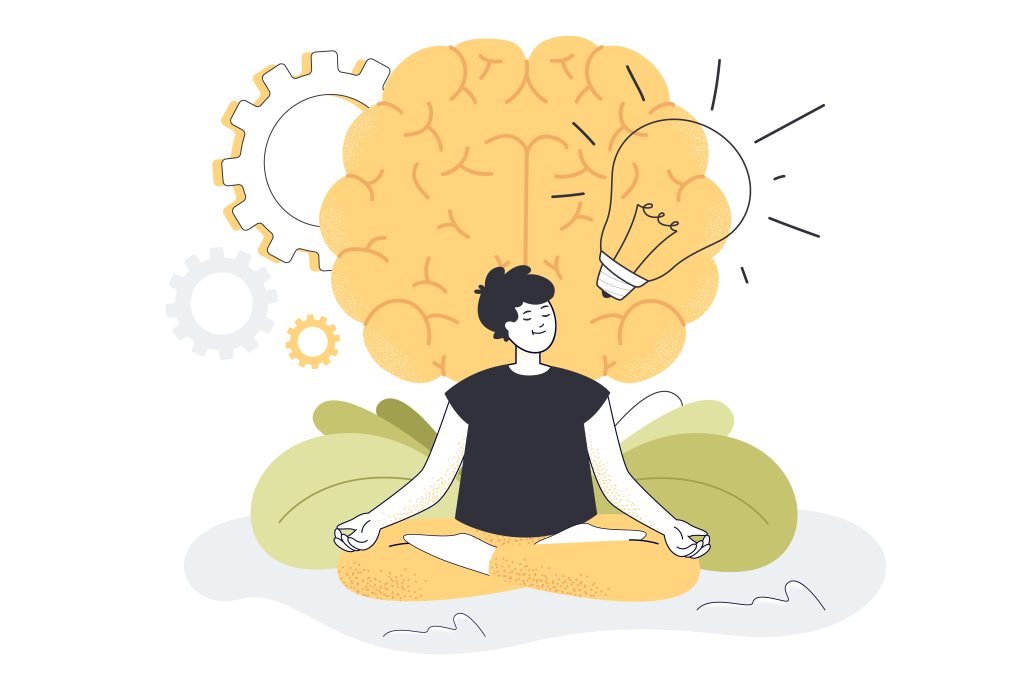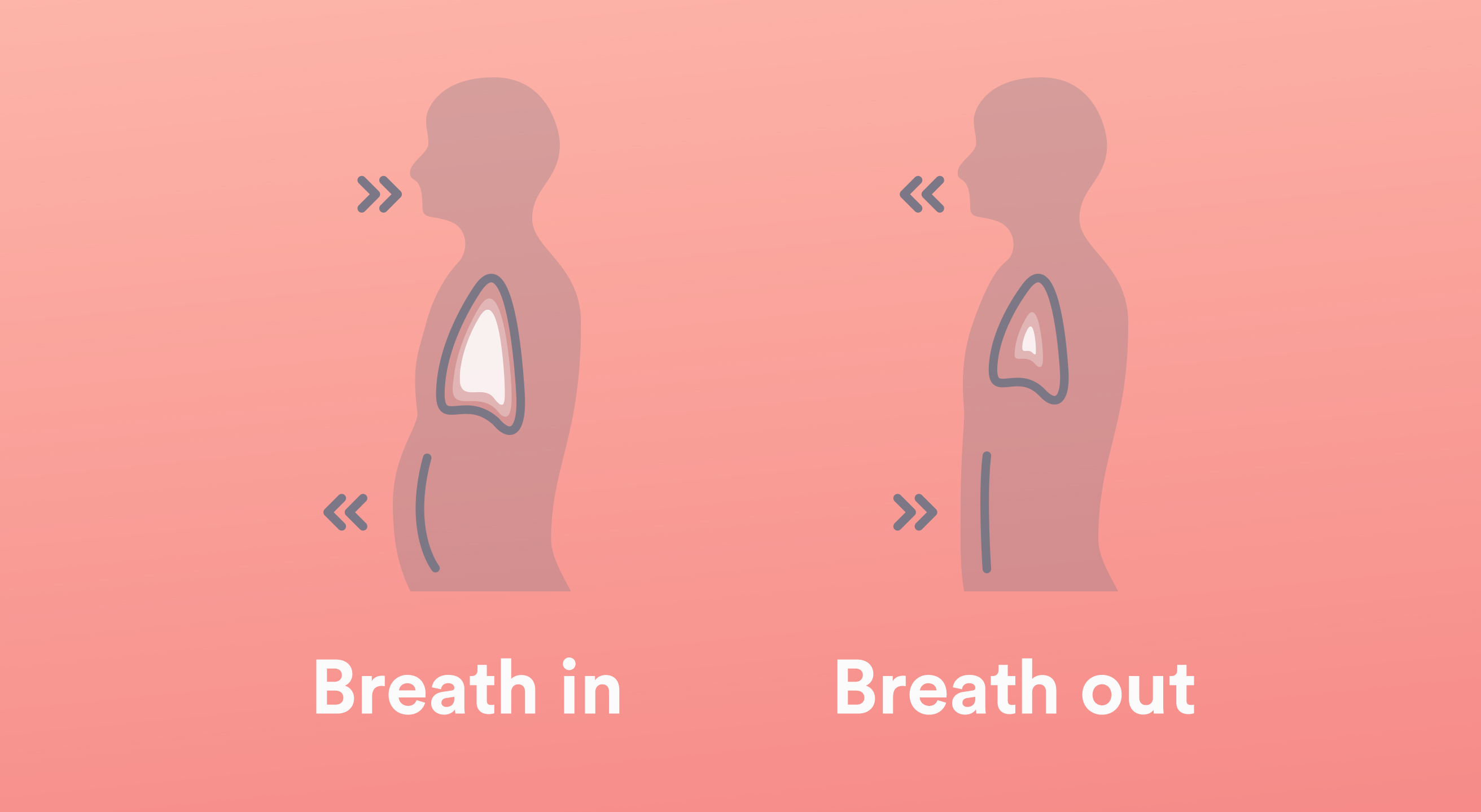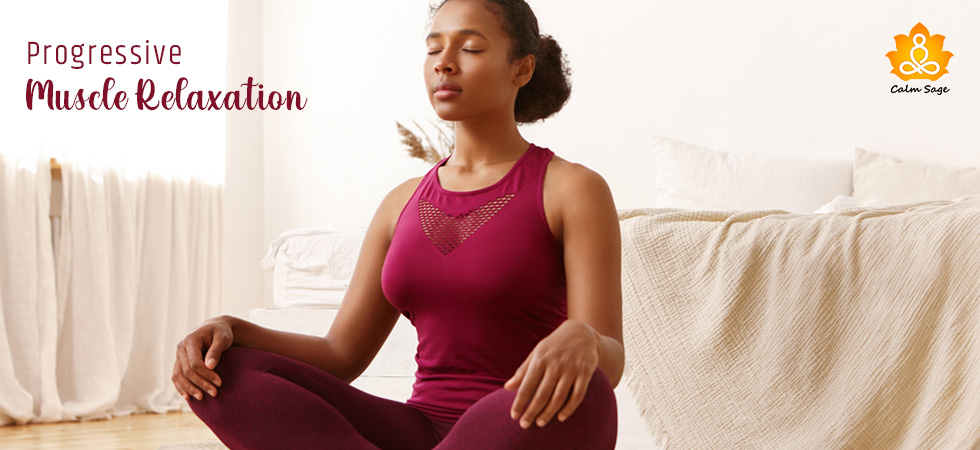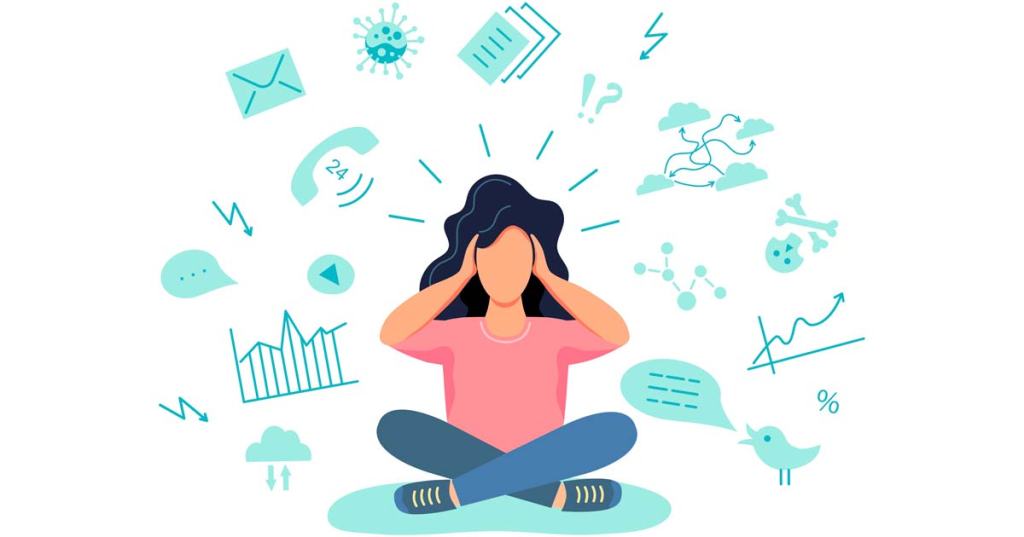
In the fast-paced world we inhabit, stress has become an unwelcome companion for many. The demands of modern life can take a toll on our mental and physical well-being, making it crucial to develop effective stress management and relaxation techniques. In this comprehensive guide, we will delve into the art of finding inner peace through a variety of practices that can help you navigate life’s challenges with greater ease.
Understanding Stress and Its Impact:

Stress is a natural response to external pressures, but chronic stress can lead to a range of health issues. From anxiety and sleep disturbances to weakened immune systems, the effects of unmanaged stress can be far-reaching. Recognizing the signs of stress and acknowledging its impact is the first step towards taking control of your well-being.
Mindfulness and Meditation:

Mindfulness and meditation are powerful tools for stress reduction. Mindfulness encourages living in the present moment, fostering a sense of awareness and acceptance. Meditation, on the other hand, involves focusing the mind to achieve a state of relaxation. Regular practice of both techniques can help you become more attuned to your thoughts and feelings, reducing their ability to trigger stress responses.
Deep Breathing Techniques:

The breath is a direct link between the body and mind. Deep breathing exercises, such as diaphragmatic breathing and the 4-7-8 technique, can activate the body’s relaxation response. By taking slow, deliberate breaths, you can decrease heart rate, lower blood pressure, and calm the mind.
Physical Activity and Exercise:

Engaging in physical activity not only benefits your physical health but also plays a pivotal role in managing stress. Exercise stimulates the release of endorphins, which are natural mood lifters. Whether it’s a brisk walk, yoga, or a high-intensity workout, finding a form of exercise that suits your preferences can be a constructive way to channel stress.
Progressive Muscle Relaxation:

Progressive muscle relaxation involves systematically tensing and relaxing different muscle groups to release physical tension. By becoming attuned to bodily sensations, you can identify areas of stress and consciously let go of that tension. Regular practice can lead to improved body awareness and a more relaxed state overall.
Journaling and Creative Expression:

Putting pen to paper can be an effective way to manage stress. Journaling allows you to express your thoughts and emotions, offering a sense of release and perspective. Engaging in creative activities, such as painting, drawing, or playing a musical instrument, can provide an outlet for pent-up stress and promote relaxation.
Social Connections and Support:

Human connections play a vital role in stress management. Spending time with loved ones, sharing your thoughts and feelings, and seeking support when needed can alleviate feelings of isolation and overwhelm. Engaging in meaningful conversations and activities can trigger the release of oxytocin, a hormone that promotes bonding and reduces stress.
Healthy Lifestyle Choices:

Nutrition, sleep, and self-care are integral components of stress management. Consuming a balanced diet rich in nutrients can positively impact your mood and energy levels. Prioritizing adequate sleep allows your body and mind to recover, enhancing your ability to cope with stress. Incorporating self-care activities, such as taking relaxing baths or engaging in hobbies, nurtures your well-being.
Seeking Professional Help:

If stress becomes overwhelming or starts to interfere with your daily life, seeking professional help is crucial. Therapists, counselors, and medical professionals can provide tailored guidance and strategies to manage stress and related challenges.
Stress is an inevitable part of life, but its effects can be managed with dedication and practice. By incorporating mindfulness, relaxation techniques, physical activity, and fostering connections, you can develop a holistic approach to stress management. Remember that finding what works best for you may require experimentation, and the journey to inner peace is a continuous one. By prioritizing self-care and adopting these techniques, you can pave the way to a more balanced, peaceful, and fulfilling life.
